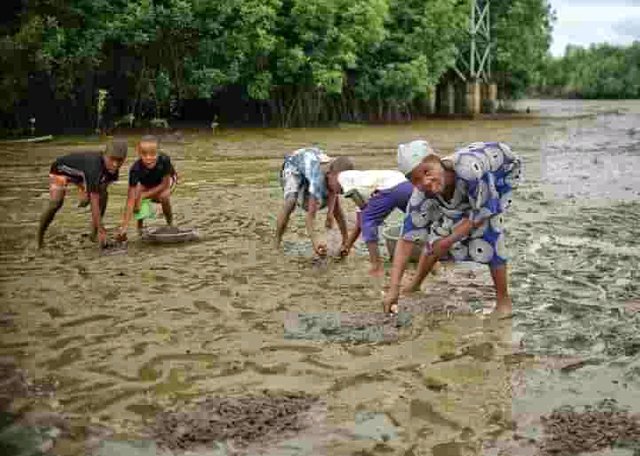
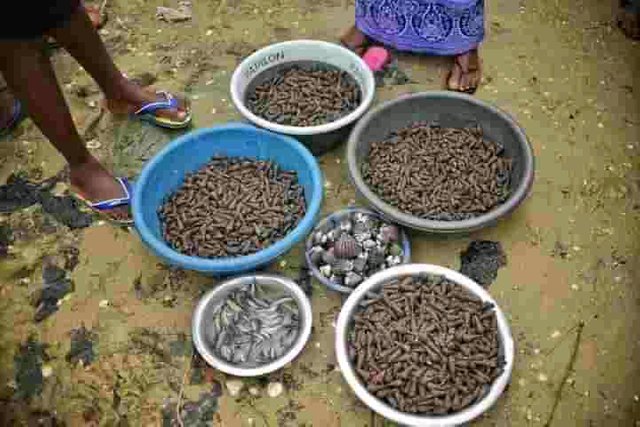
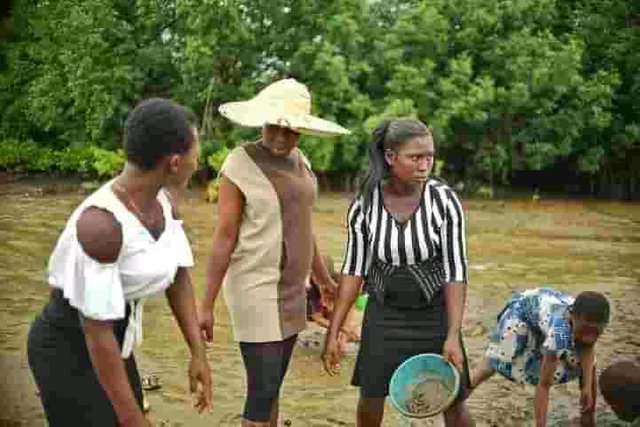
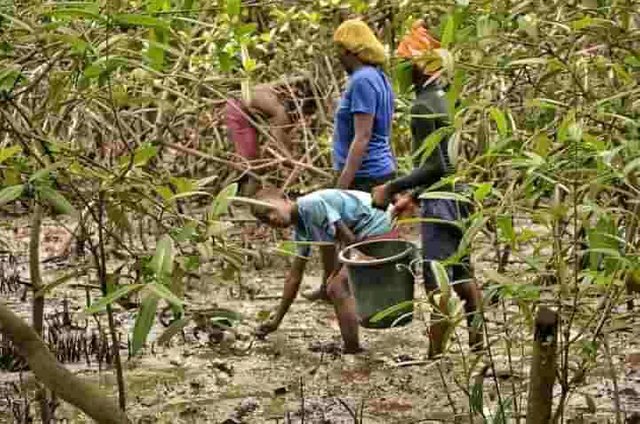
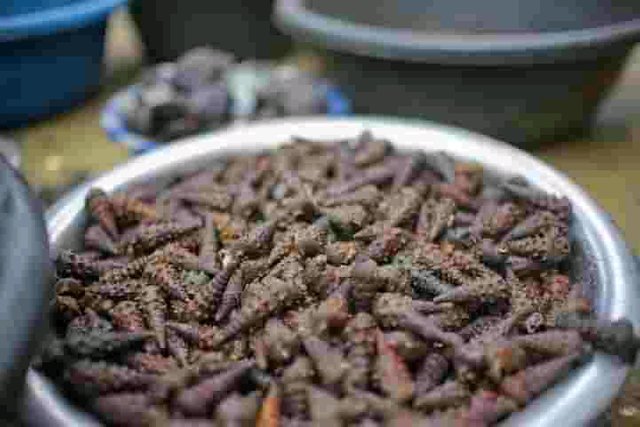
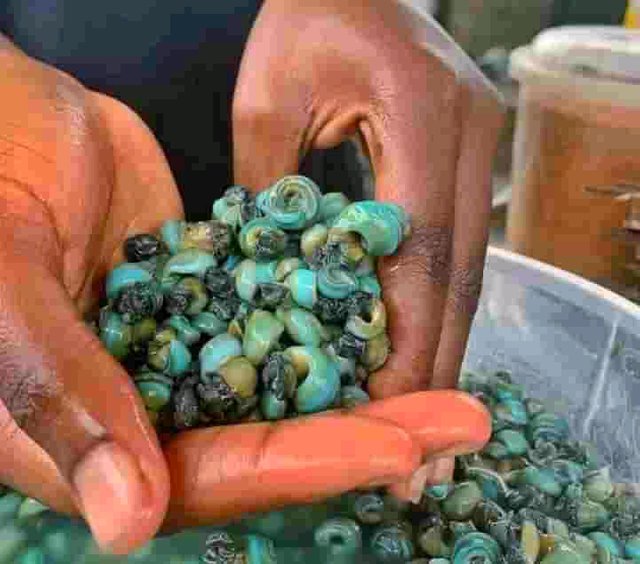
Introduction:
Nestled in the heart of the Niger Delta, the humble periwinkle (Tympanotonus fuscatus) plays a crucial yet often overlooked role in the region’s traditional economy and cultural practices. This post delves into how this mollusk, though small, has a significant impact on the lives and traditions of the Niger Delta communities.
Economic Significance:
In the Niger Delta, periwinkle is more than just a dietary staple. It’s a vital source of protein for many local families, enriching their diet and contributing to food security. Beyond its nutritional value, periwinkle plays a key role in the local economy. Traditional harvesting techniques have been refined over generations, making periwinkle harvesting both an art and a trade. The mollusk finds its way into local markets and contributes to regional trade, showcasing its economic importance.
Cultural Impact:
Periwinkle is deeply embedded in the cultural fabric of the Niger Delta. It features prominently in local ceremonies and rituals, symbolizing various aspects of community life. From traditional art to folklore, periwinkle holds a special place in the hearts and minds of the people. Its presence in cultural expressions highlights the close relationship between the Niger Delta’s people and their environment.
Contemporary Challenges:
Despite its importance, the periwinkle industry faces several challenges, including environmental changes and overexploitation. Sustainable practices and conservation efforts are crucial to ensuring that periwinkle continues to be a resource for future generations. Balancing traditional practices with modern approaches can help preserve this valuable resource.
Conclusion:
Periwinkle may seem modest, but its impact on the Niger Delta’s economy and culture is profound. By appreciating and understanding the role of periwinkle, we can better support the communities that rely on it and promote sustainable practices for the future....